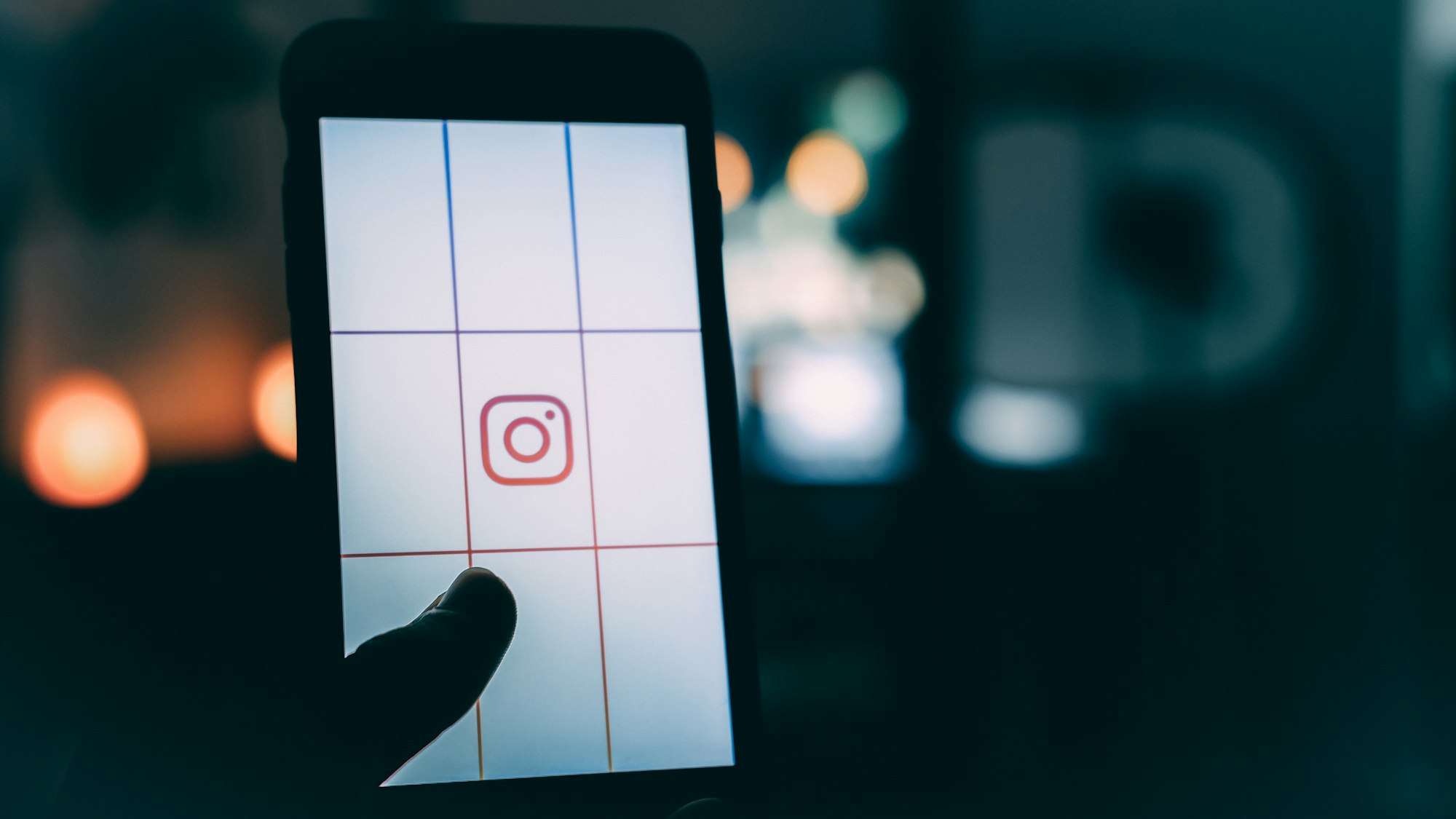Why Facebook's $1 Billion Acquisition of Instagram is Really Good for Socialize

Facebook announced this week that was acquiring Instagram, a hipster photo editing and sharing app, for $1 billion.
Kevin Systrom, one of the founders of Instagram, credited Instagram's early success and fast growth to "the community of users who commented on and liked one another's photos."
This is huge validation for the power of the Interest Graph, and for Socialize, which lets any app drop in an interest-based social platform (here's a recent TechCrunch article detailing Socialize's rapid growth).
You probably haven't heard of the term 'interest graph' unless you're immersed in geekdom, but you've definitely experienced it: When you don't know someone personally, but you share a common interest with them, that's the interest graph, as opposed to the social graph, which is when you have a personal relationship with another person.
Since most of us spend our days interacting with people who aren't our friends, the shared interests that form the interest graph are actually what bind most of us to one another on a daily basis. Here are some examples of common interests that form the interest graph:
- Your office: Everyone shares a common interest in the business and making it successful
- Your country: Everyone shares a common interest, often expressed as national pride
- Your language: Everyone shares a common way of communicating with each other
- Zinfandel wine: Everyone who loves Zinfandel wines shares a common interest in that wine
- Labrador retrievers: Everyone who loves a specific breed of dog (or any pet) shares an interest in that pet
- Adventure travel: Everyone who likes to live on the edge when they're on vacation shares a common interest
As you can imagine, all of the people in any of those groups will never be "friends" on any social network, and most of them are complete strangers to each other, yet they all share a common interest. You can put two strangers in the same room and they'll have nothing to talk about, but if you bind those same two strangers together with a common interest, they'll have a lot to share about that interest, even if they never become friends. This point illustrates how the social graph is actually a subset of the interest graph -- a friendship is predicated on at least one common interest. And with the success of Facebook we've all seen how powerful the social graph is. Imagine if the common interest connections forming the interest graph could be mapped in the same way.
What Socialize realized is that everyone who downloads a mobile app is indicating that they share a common interest. If you download a Zinfandel wine app, you're saying you have an interest in that wine. And although you will never be 'friends' with everyone else who has downloaded the same app, you'd like to know what other people who also love Zinfandel wines have to say on the topic. Socialize enables that type of social interaction for any app.
Instagram's success enabling people to 'like' and share photos is an early example of the massive power of the interest graph to spur adoption and growth of an app. There will be many more to follow. And Socialize has already proven that giving this ability to any app massively boosts the app's downloads and user re-engagement. Take Nexercise, for example, which saw a 551% boost in downloads after implementing Socialize. There are other case study examples on the Socialize website.
Get ready to start hearing a lot about the interest graph, as more startups start to understand how to map and quantify the common interests that bind all of us together, regardless of 'friend' status.